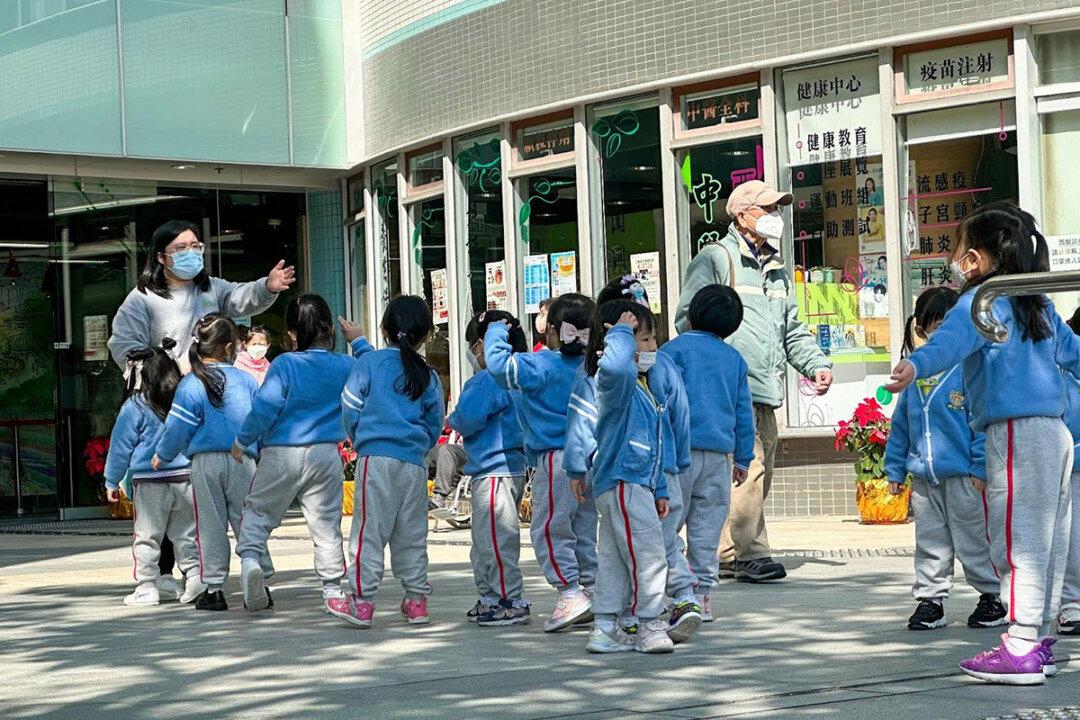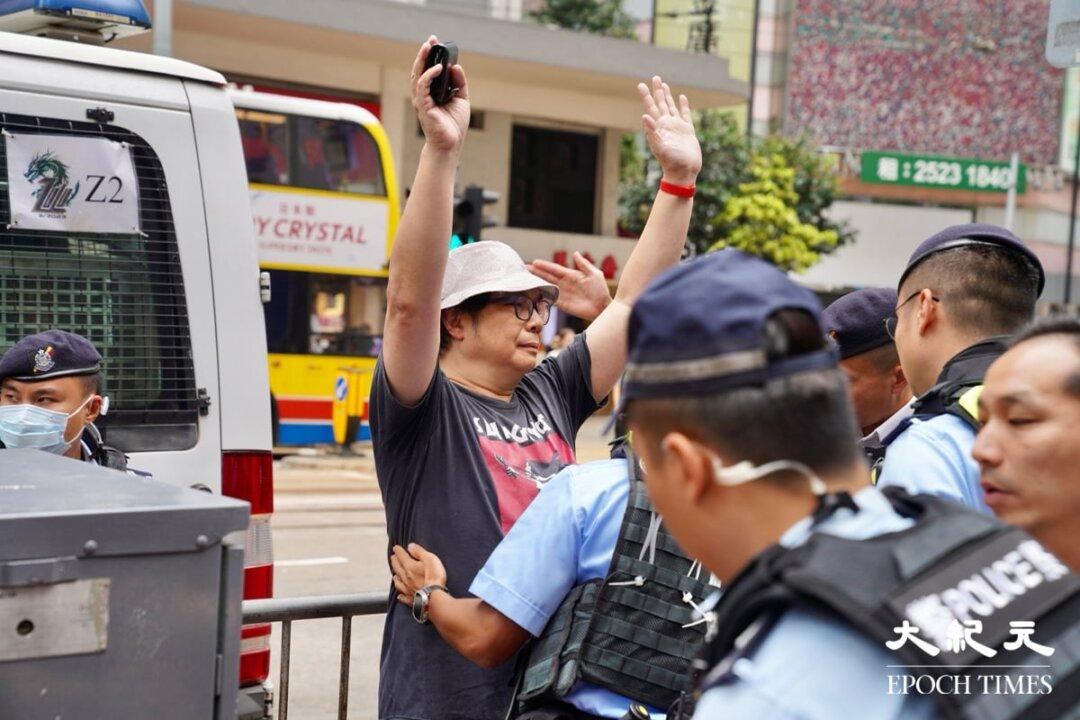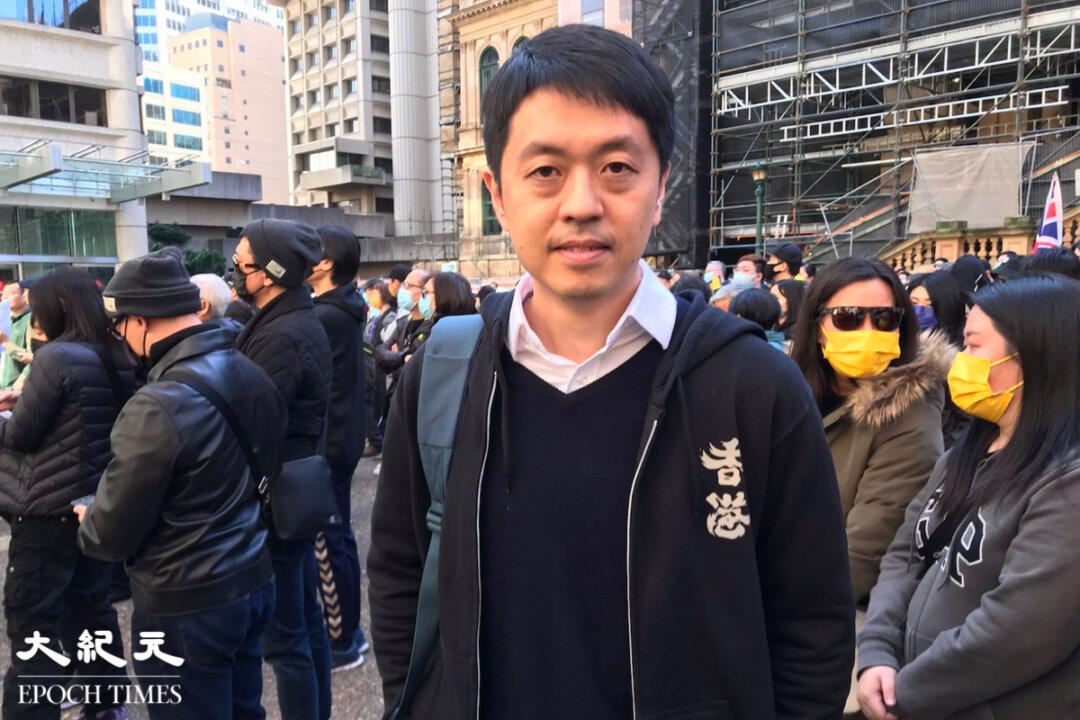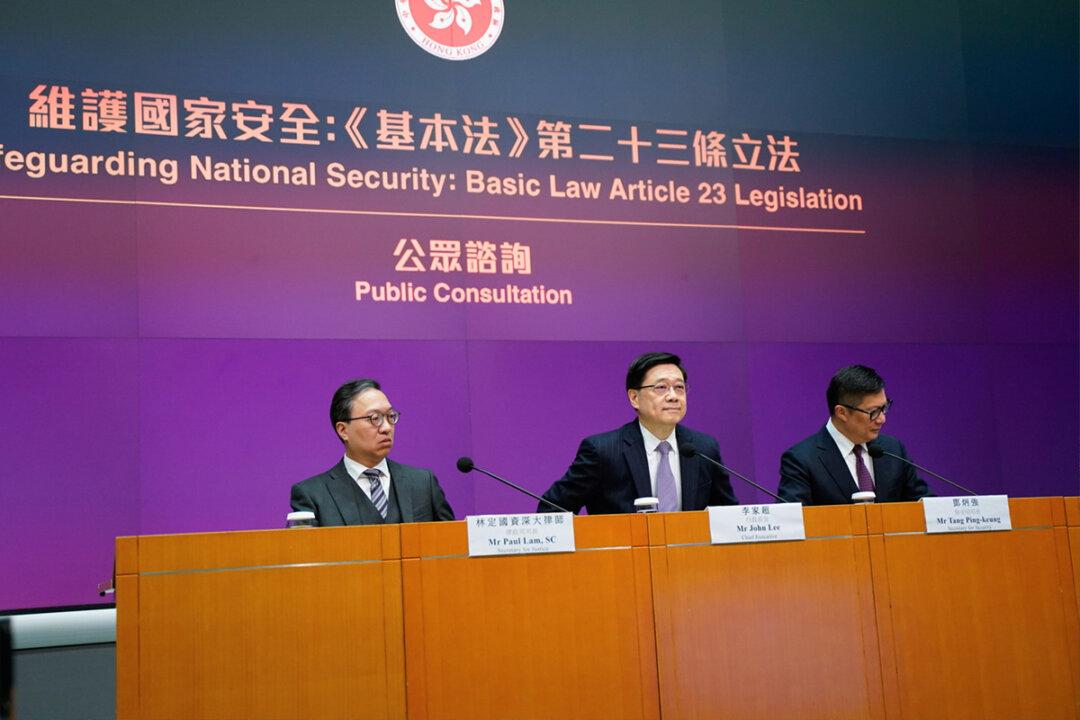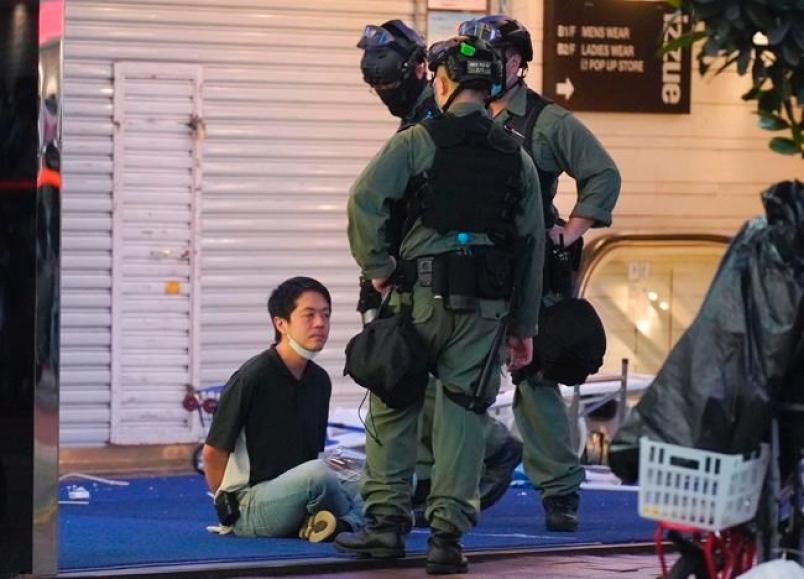A Hong Kong elite kindergarten with a long-standing history of nearly 60 years, Kentville Kindergarten, located in the upper-class district of Kowloon Tong, will no longer accept applications for K1 admission starting next school year. It will take three school years to go gradually toward a complete closure by the end of the school year of 2025/26.
Miss W. H. Wong, the founder cum supervisor of Kentville Kindergarten, stated clearly that the reasons for its closure include the dropping of Hong Kong’s birth rate to a historic low, as well as the trend of massive emigration of Hong Kong’s young families who are the target customers of the kindergarten. Members from the education sector have pointed out that the sector’s future is not favorable, and at least 20 schools will close down in the coming year.
